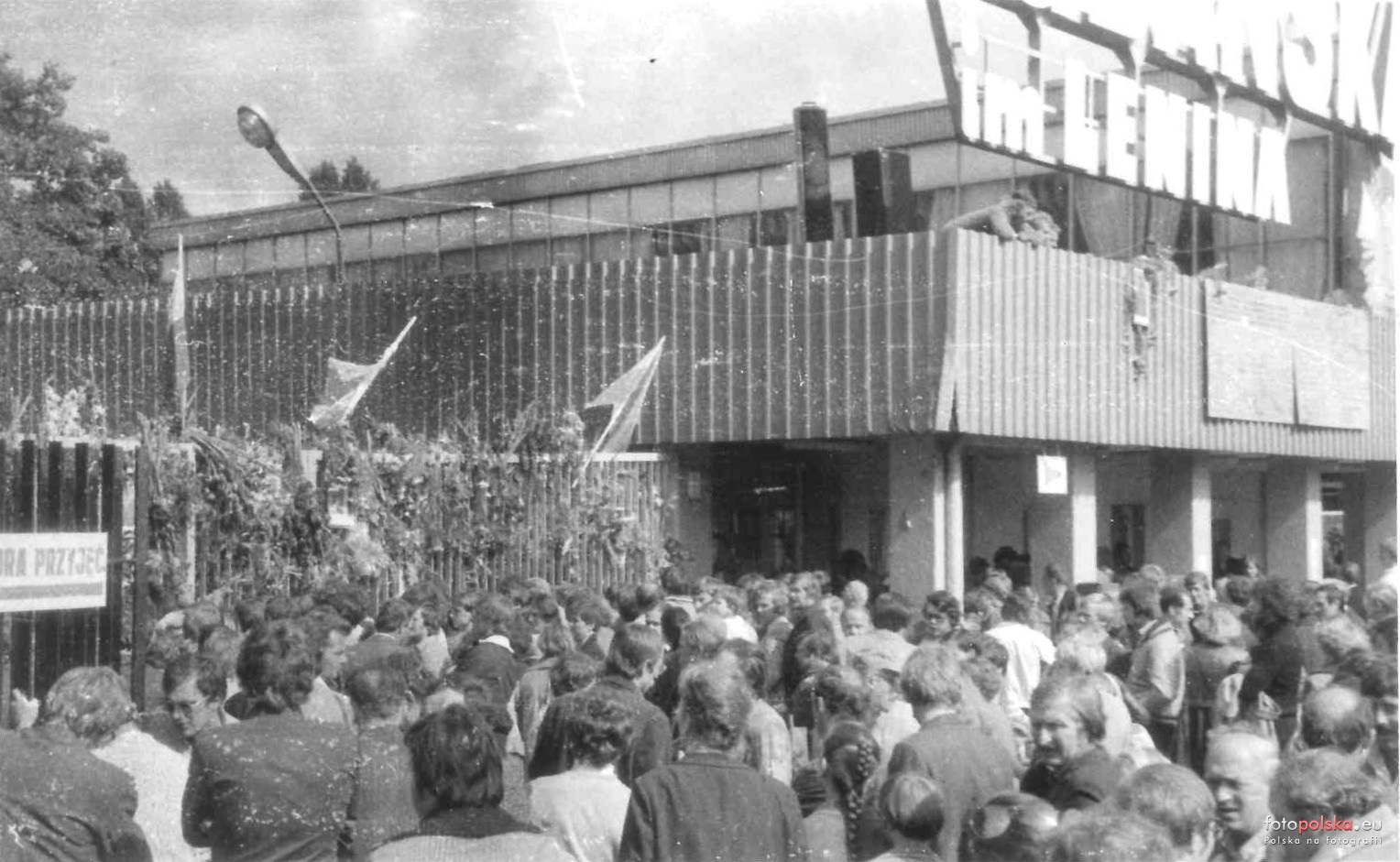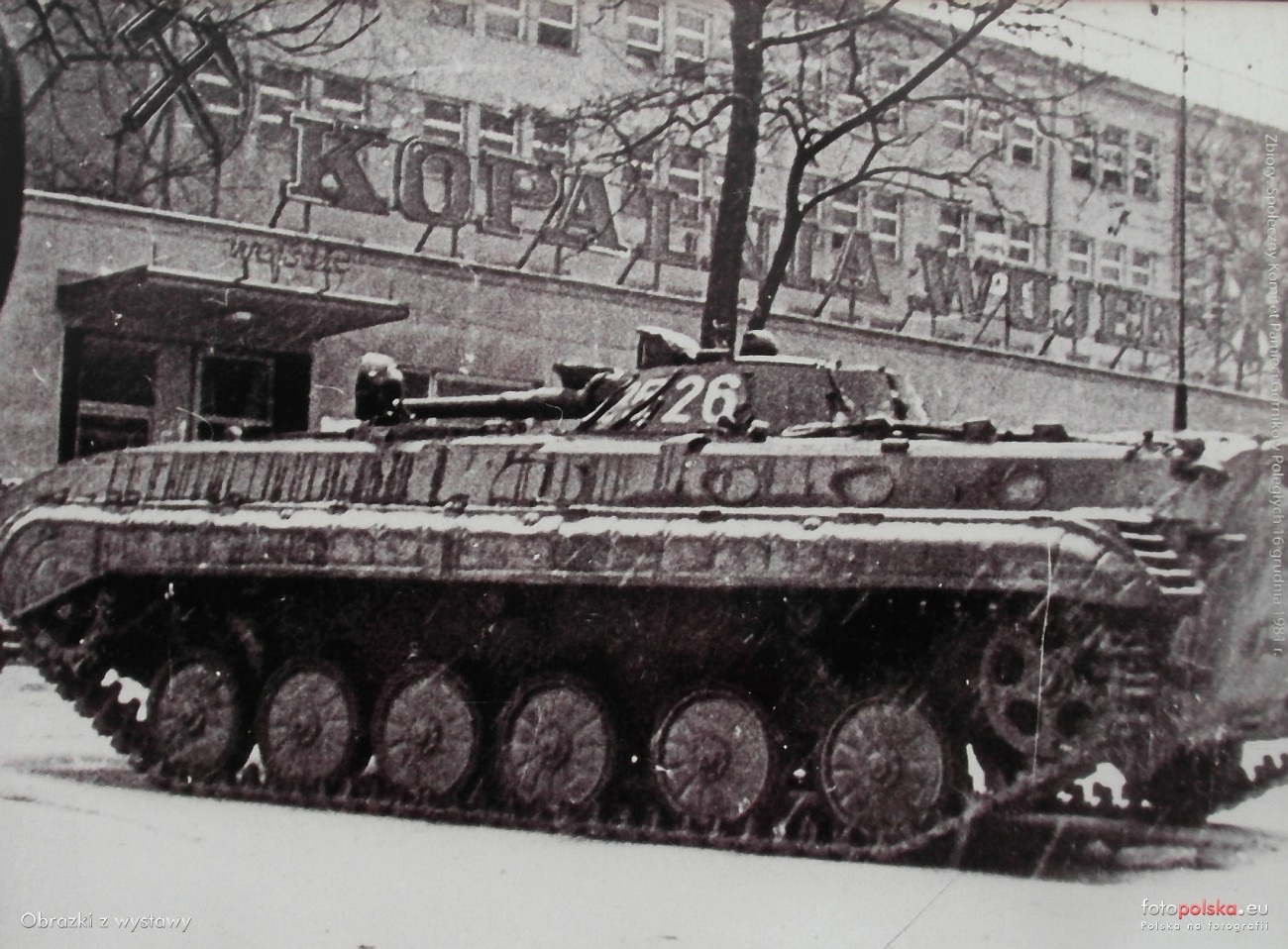
There is a lot of anger in the public conversations in the United States these days. Differences in political opinions break families, end friendships, and spread nasty animosities on social media. On Medium, I have been called names and blocked by a small crowd of writers and readers. Medium minders blocked two of my comments, unjustly, in my opinion. I do not block anyone. I am not upset when people disagree with me. It does not bother me when some people lose their cool and use offensive language to hurt me. It is their problem, not mine.
With every instance of the politically motivated viciousness, I reflect on my upbringing in then-socialistic Poland, where we had similarly deep political divisions, but I do not remember seeing so much ferocity in our personal interactions with people of opposite views. My uncle, the socialist, comes to mind, but I can think of many other examples of open communication with political opponents that I had or people I knew did.
The uncle I am writing about was my mother’s cousin. His mother and my maternal grandmother were sisters. My grandparents had a farm. They were poor, but their family, with nine kids, did not live in poverty. My uncle’s father died young, and his mother struggled raising two boys. She used to send them to her sister’s farm for summer vacations. The uncle was about the same age as my mother and her sister, my aunt, who later became a nun. During these vacations, they bonded.
My aunt joined the convent. My uncle ended up on the other side of the country, and he showed an interest in politics. He was a person with a sharp mind, always eager to learn new things; he absorbed knowledge from all directions like a sponge. As a teenager, he attended religion classes at his mother’s request. On one occasion, a priest gave some nasty critique of socialists. My uncle stood up, and after a feverish exchange, he stormed out of the room, declaring himself an atheist and socialist. It was noted in the school, where he soon became chief of the young socialists’ organization. With excellent grades as well, he grew into a rising star in political circles. As a reward, he studied at the Lomonosov Moscow State University.
After graduating, he worked in top positions in government administration. With his eloquence, he became a lecturer for the Central Committee of the Polish United Workers’ Party. As such, he was a propagator of the ideas of socialism and the party’s political agenda.
We lived on opposite sides of the country, which likely was the main reason we did not visit each other for years. But when we met, the childhood friendship between the cousins rekindled. By a freak coincidence, in my middle 20s, I relocated and ended up living two apartment buildings down the street from my uncle. I already had some national recognition as a political writer at that time. Our personalities clicked, and during the eight years we lived nearby, we spent endless hours discussing politics.
He told me he had started noticing that socialism was not as rosy as promised soon after arriving in Moscow. As a part of his education, students of the Lomonosov University visited local factories. It shocked him to see workers having a pickled cucumber and a glass of vodka for lunch. He had an internship in a small city in southern Russia. There were some gulags nearby. He learned about them because prisoners in one of these camps revolted one day. They got out and ransacked the town. The next day the military mercilessly restored order. There was no mention anywhere in the media about this incident.
He realized that life in Moscow was much better than in the countryside. There was no way he could roam the countryside legally. He visited Poland usually twice per year, and it took about a full day on the international train from Moscow to Warsaw. In one instance, he used his eloquence to convince the officer controlling the boarding that he needed to take a local train because he missed the international one and there were no tickets available for many days ahead. It worked. The trip took three days with stops. He met locals and could take a peek at the cities along the journey. The overwhelming poverty and hardship that people were enduring stunned him, such as someone going to the city 50 kilometers away to buy a bag of sugar or flour.

Solidarity and martial law happened during the years I lived near my uncle. As soon as strikes started in Gdańsk, I went to visit my family there. Knowing that there were food shortages, I took several pounds of sausages. In Gdańsk, I managed to get to the hall where the strike leaders negotiated with the government representatives. At the back of the hall, there were tables with leaflets. My empty bag was full again, this time with several pounds of political flyers. My uncle got one copy of each one.
About that time, I finished my book “Could it be better in Poland?” I did not write that socialism was bad; I suggested making a few changes, similar to those China took a few years later. My uncle read the manuscript. He complimented me in general, but with the usual smile disappearing from his face, he told me it was the most anti-socialistic book he had ever read.
The coal mine “Wujek” was nearby where we lived. Miners there went on an occupational strike when martial law was imposed. Three days later, the military surrounded and then pacified the mine. They started by shooting the miners inside the plant from afar, killing nine men. The next day, I stopped by the site on my way from work. There was an improvised memorial with hundreds of candles and flowers on the fence and lying around. I could not find on the internet any pictures of it. A few hundred people were slowly pacing in silence.

Before leaving, I stopped and looked at the place from some distance. Then, I heard someone behind me whispering in my ear: “Those SOBs did it.” I turned around; it was my uncle, the socialist, with tears in his eyes. We could not talk, but exchanged greetings and went our ways. I thought later that some of these “SOBs” were his bridge buddies.
In the following conversations, occasionally, I gently implied that events like that at “Wujek” discredit socialism forever as a valid option. I got my answer about two years later. By that time, I had opened a small business installing alarm systems. Not by my choice, but because I was blacklisted and could not get any job in my profession. My uncle used to stop at my shop for a chat. On one such occasion, he argued about the superiority of socialism as a political system. His top line was that socialism is the future; the problems we experience are just the pains of growth. After all, many tragic moments also marked the development of capitalism.
He knew well why I needed to open my business. I pointed to my humble shop and asked why I should scarify my education, talents, and life ambition for the lofty ideas that had never worked before. With all its faults, capitalism allows so many to work to their full potential, enriching them in the process. After that, he never again tested his new lecturer’s speeches on me. Not much later. I ended up in Chicago.
During the Solidarity time and the following few years of martial law, our conversations were still cordial but more reserved. He supported the changes, but formally we were from the opposing camps. By talking, we could get a peek at what was going on behind the doors on the other side. He was part of the political elite for 25 years; he knew many people personally and understood the inner players’ rules. I mingled mostly in the Solidarity circles. He shared with me many details of what was happening on the government side. But I noticed how careful he was with trickling the information. And, I was similarly cautious, thinking ahead to possible consequences when sharing with him specific details. The sincere concerns about the nation’s best interests were the common ground in all our conversations.
Not as often, I had similar discussions with other people from the opposite side. Many Poles had those kinds of dialogues. From there emerged the idea of the Round Table Talks, which led to the peaceful transformation of the system. Today, I wonder why Americans cannot do the same.
Within the family, we knew that as children, my uncle and my aunt, who became a nun, were good buddies. They had similar personalities. Both were charming, non-judgmental, curious, always smiling and surprising with a light jeer, but very principled at the same time. The career of my aunt mirrored the one of her cousin, the atheist and socialist. She graduated from Catholic University. She worked in leadership positions for most of her life, serving as Mother Principal of her congregation for several years. And like her cousin, she was a lecturer as well, on retreats for teenage girls.
We have always wondered what would happen if they met again. One summer, accidentally, they did at my parents’ place. It was about 40 years after they saw each other as teenagers. There were smiles and formal pleasantries, but the conversation over the meal was like walking on shells. Then, surprisingly, both my aunt and uncle declared they had decided to take a walk. They returned two hours later, chatting in a friendly manner, the same way they had done 40 years earlier.
Again, we can ask why Americans cannot take that long walk with their compatriots of different views.

 Many tell us what to think. I ask my readers to be skeptical. Question me and others.
Many tell us what to think. I ask my readers to be skeptical. Question me and others. 